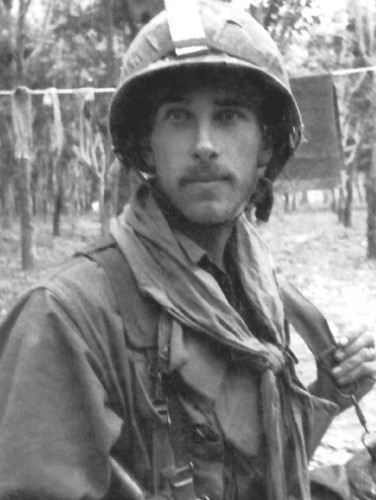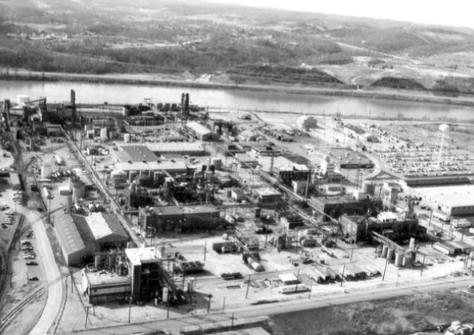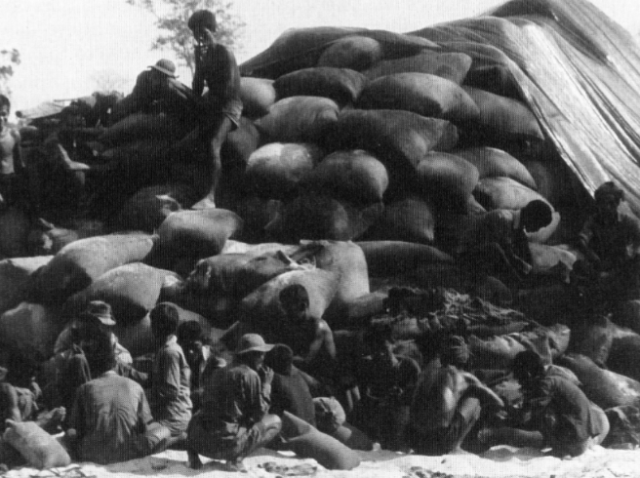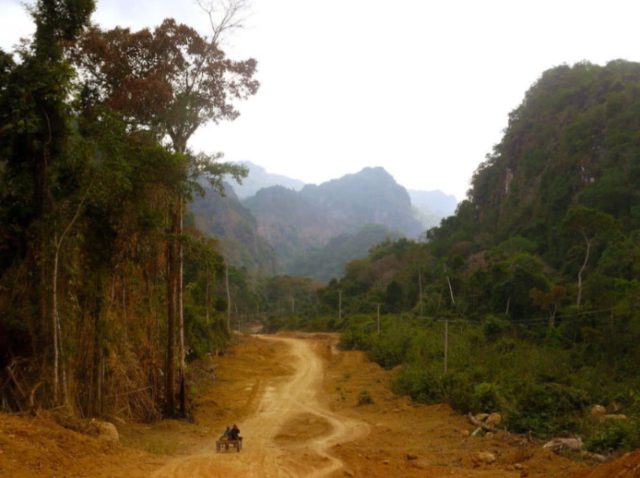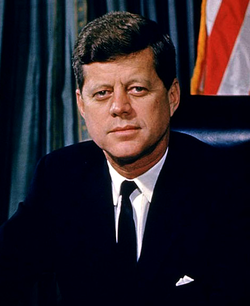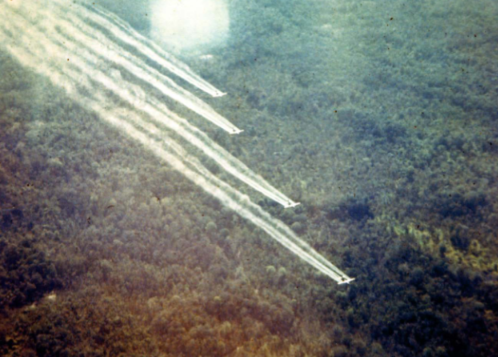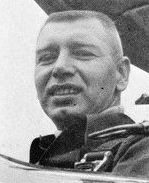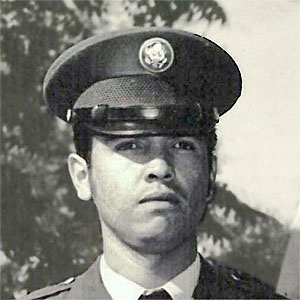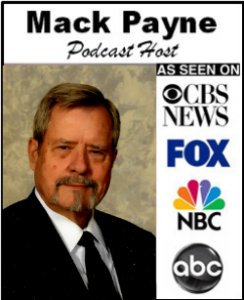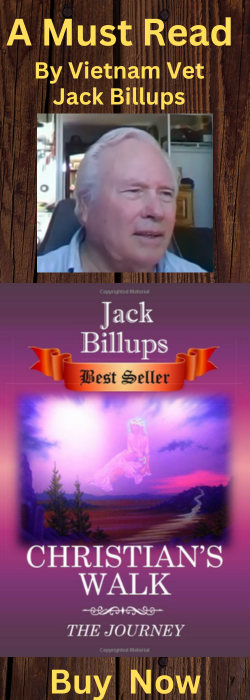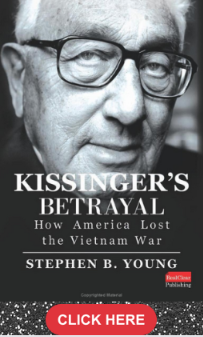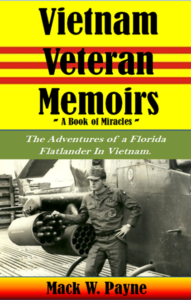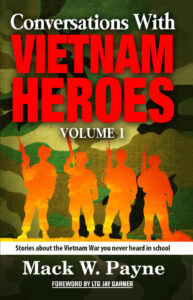Podcast: Play in new window | Download
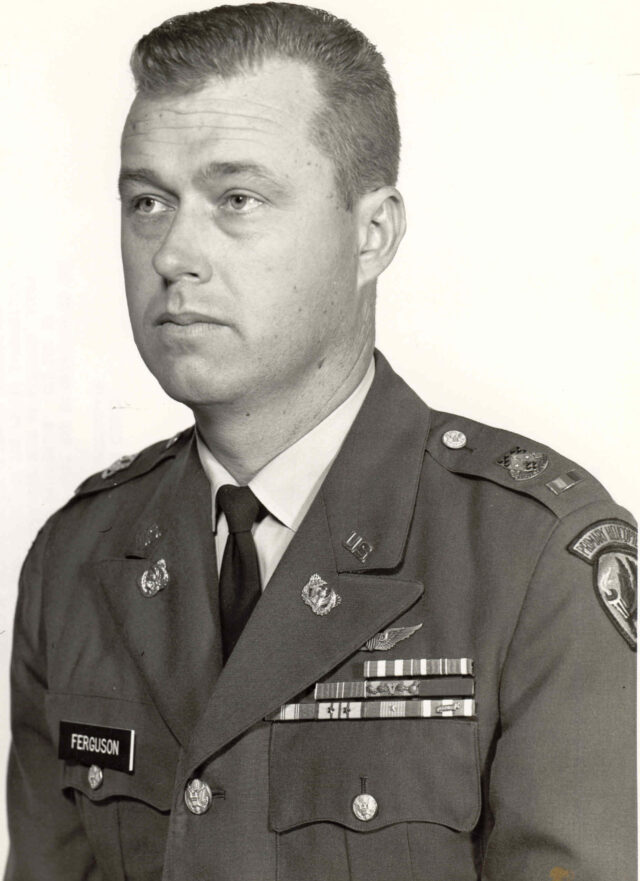
Vietnam War Medal of Honor recipient Army Major Frederick Edgar Ferguson.
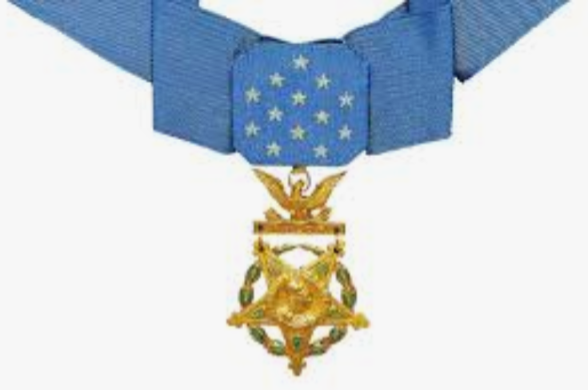
Congressional Medal of Honor
Episode 2850 of the Vietnam Veteran News Podcast will feature Army Major Frederick Edgar Ferguson and his Congressional Medal of Honor award. Information featured in this episode comes from a story that appeared on the Victoria Cross Online website and was titled: Victoria Cross Online MOH.
Army Major Frederick Edgar Ferguson, a distinguished Medal of Honor recipient, demonstrated extraordinary bravery and selflessness during the Vietnam War. Born on August 18, 1939, in Pilot Point, Texas, Ferguson enlisted in the United States Army in 1958. He served as a helicopter pilot, where his skills and leadership quickly distinguished him from his peers.
On January 31, 1968, during the Tet Offensive, Ferguson displayed remarkable heroism while piloting a UH-1H Iroquois helicopter near Huế, Vietnam. Amidst heavy enemy fire, he volunteered for a high-risk mission to evacuate wounded soldiers from a besieged compound. Despite the imminent danger, Ferguson maneuvered his helicopter into the landing zone under intense enemy fire, skillfully landing in a narrow and precarious area. The enemy fire was so intense that it was puncturing the aircraft, but Ferguson remained undeterred.
Demonstrating calm under pressure, Ferguson safely extracted the wounded soldiers, saving numerous lives. His actions not only embodied the highest ideals of military service but also inspired his comrades. His courage, determination, and disregard for his own safety were instrumental in the success of the mission.
For his conspicuous gallantry and intrepidity at the risk of his life, Major Ferguson was awarded the Medal of Honor on May 17, 1969. His legacy is a testament to the bravery and sacrifice of those who serve in the armed forces, and he remains an enduring symbol of heroism.
Listen to Episode 2850 and discover more about Army Army Major Frederick Edgar Ferguson and his Congressional Medal of Honor award.


